TikTok Shop’s Black Friday Performance and the Legal Challenges Ahead
On November 29, 2023, TikTok Shop achieved over $100 million (¥730 million) in sales within 24 hours during Black Friday, surpassing global beauty giant Sephora and fast-fashion platform Shein. However, just one week later, on December 6, the U.S. federal court ruled to uphold President Biden’s executive order requiring ByteDance, TikTok’s parent company, to sell TikTok for national security reasons.
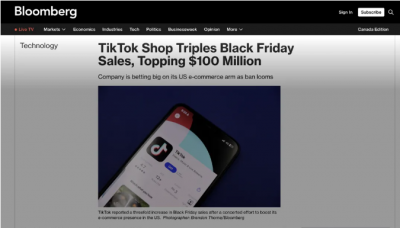
Part 1: TikTok’s Impressive Black Friday Results
According to Bloomberg, TikTok Shop launched in the U.S. in September 2023, and within just one year, it achieved an impressive $100 million in sales on Black Friday, surpassing global beauty retailer Sephora and the Chinese fast-fashion platform Shein, which had already been expanding rapidly in the U.S. and Europe. Bloomberg also highlighted that TikTok Shop’s success was not just about sales, but also marked a breakthrough in how social media platforms can monetize content in the U.S. market.
Here are some key statistics:
- TikTok Shop Sales: A 300% year-over-year increase.
- Hashtags: #tiktokshopblackfriday garnered 4 billion views, while #tiktokcybermonday reached 3.5 billion views.
- Live Streaming: Nicki Minaj’s live stream garnered 170 million views, setting a U.S. record.
Additionally, TikTok Shop’s performance in the UK on Black Friday was also remarkable. The platform became a key tool for discovering new products, discounts, and promotions. Major brands such as L’Oréal and Puma showcased their products, offering up to 60% off on TikTok.

Part 2: The U.S. Federal Court Ruling on TikTok
However, while TikTok was celebrating its success, on December 6, 2023, the U.S. federal court upheld President Biden’s executive order, which deemed TikTok a potential threat to U.S. data security. The court ruling mandates that ByteDance sell TikTok or face a potential ban in the U.S.
Let’s first look at the U.S. system:
- Legislative: Laws are passed by Congress and signed by the President to become effective.
- Executive: The President has the authority to implement and enforce laws, including issuing executive orders.
- Judicial: The courts, including federal courts, interpret and enforce laws. In cases of dispute, judges make the final ruling.
The background of this ruling: In April 2023, President Biden signed an executive order stating that TikTok posed a risk to U.S. citizens’ data security. ByteDance was given 270 days to divest TikTok, either by making it an independent company or by selling it to a company without data security concerns. If ByteDance fails to comply, TikTok will be removed from U.S. app stores and blocked from operating in the U.S. The deadline for this divestment is set for January 19, 2025.
Importantly, the date of January 19, 2025, was strategically chosen, as it is just one day before the inauguration of the next U.S. president. While President Biden may not have anticipated losing to Trump, this date signifies his determination to separate TikTok from ByteDance before the new administration takes office.
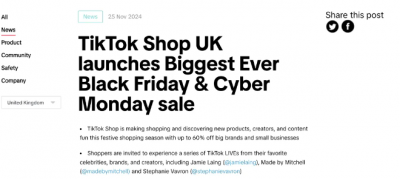
Part 3: TikTok’s Response and Trump’s Position
After the court ruling, TikTok visited Mar-a-Lago, the estate of the incoming President Trump, on December 19, 2023. On the same day, TikTok filed a motion asking the U.S. federal court to reconsider its decision to force the separation of TikTok from ByteDance.
Key points for sellers to pay attention to:
- TikTok is not appealing the ruling but is requesting the court to review it.
- The federal court has agreed to grant TikTok two hours to present its case on January 10, 2025, explaining how Biden’s executive order violates the First Amendment of the U.S. Constitution.
- While every U.S. president holds significant power, federal judges are not directly appointed by the president. Even when vacancies occur, new appointments require nomination by the president and approval by Congress.
Given these complexities, TikTok may face challenges, and sellers and TikTok fans alike should remain cautious.
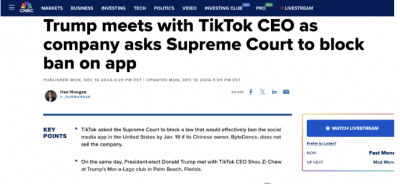
Part 4: Should Chinese Sellers Continue with TikTok Shop?
After reading all of this, many sellers may be wondering whether they should continue investing in TikTok Shop and what changes may be coming in the future.
First, we need to prepare for the worst-case scenario: TikTok being banned in the U.S. This would mean new users could no longer download the app, and existing users might lose some functionalities. However, under the U.S. judicial system, there may be a delay between the announcement of the law and its actual enforcement. During this time, President Trump may take actions to assist TikTok, although we can’t be certain.
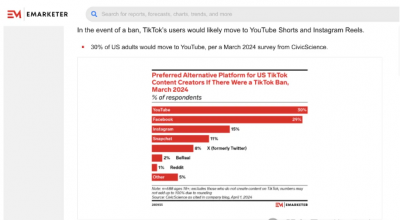
1. Prepare for the Worst If TikTok is banned, it would likely result in significant user loss. Users would flock to competing platforms like YouTube, Facebook, WhatsApp, Instagram, and Snapchat.
2. Opportunities for Competitors If TikTok is banned in the U.S., it could result in users migrating to competing platforms, which would benefit platforms like YouTube, Facebook, Instagram, and Snapchat.
3. TikTok’s Potential Growth After Separation If TikTok is forced to separate from ByteDance, it could trigger a new phase of growth. Without the constraints of political and administrative obstacles, TikTok could attract more investment, become a publicly traded company, and significantly increase its market share.
4. Localization is Key for 2025 Cross-Border E-Commerce Aside from the U.S., TikTok Shop has also expanded into markets like Ireland and Spain. Now, local companies and employees are required to apply for storefronts. This trend is likely to continue as more markets demand local involvement for operating in foreign e-commerce sectors.
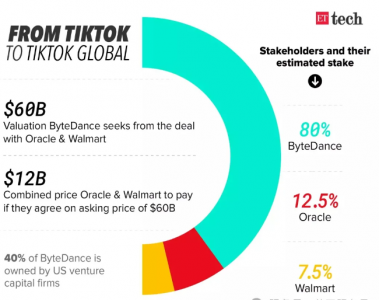
Looking ahead to 2025, cross-border e-commerce will likely require more localized operations, including local entities and employees. This will be an important factor for Chinese sellers as they expand internationally.


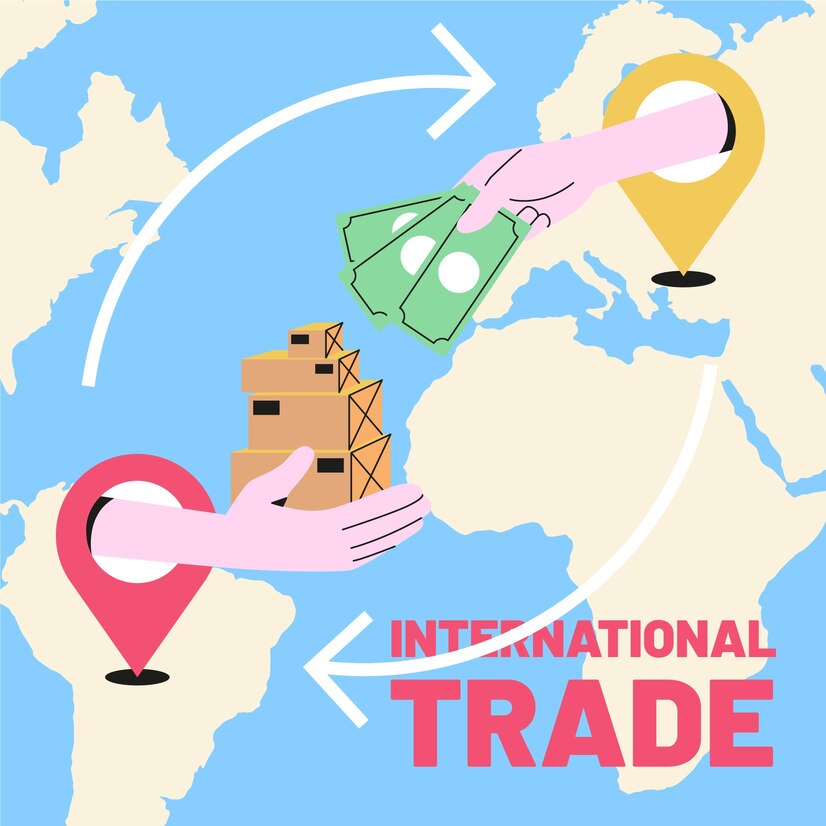


Recent Comments